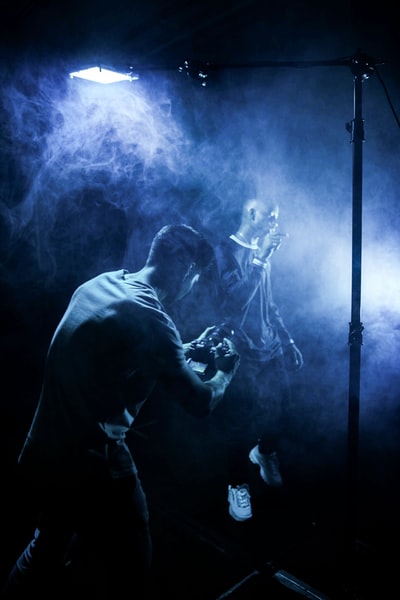
Copyright law exists to protect the rights of individuals or companies responsible for producing a media product. Music, books, films, software and even ideas can be covered by the Copyright, Designs and Patents Act 1988.
What this means, in reality, is that if you were to buy a video game or piece of software, you would be breaking the law if you:
- Made a copy and gave it to a friend or sold it.
- Made it widely available across a network.
- Rented it out without authorisation.
In a way you are stealing some else’s earnings. They may have spent months or even years perfecting the details only for their work to be given away. The same argument can be made for musicians and film makers whose music and films are being downloaded illegally everyday without a penny going towards them.
